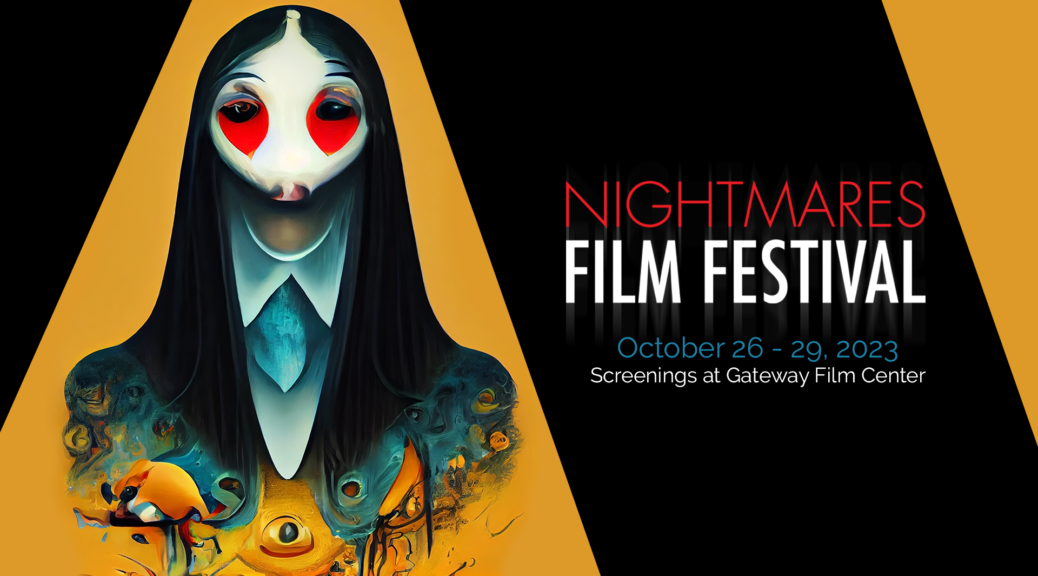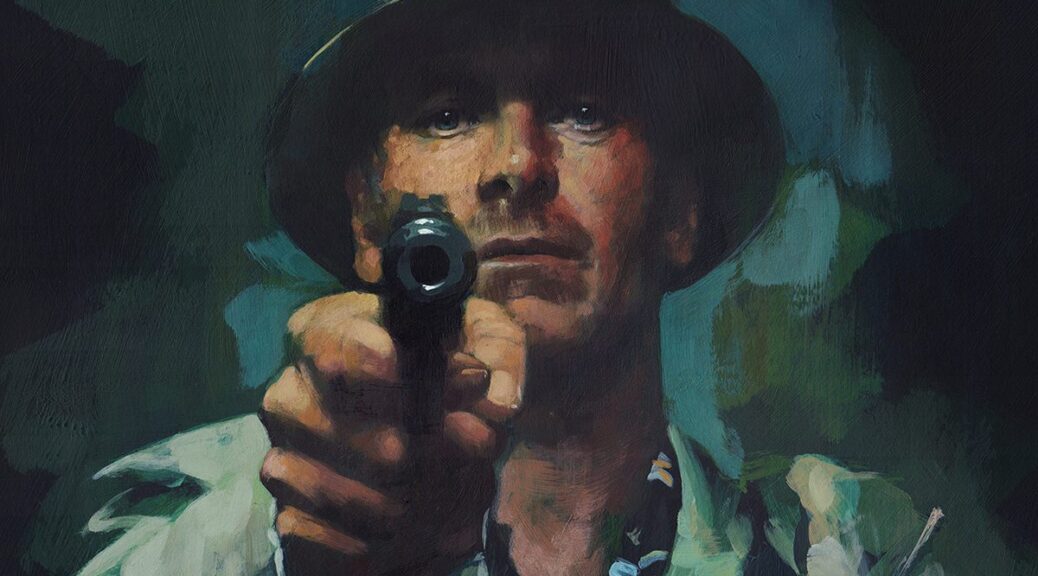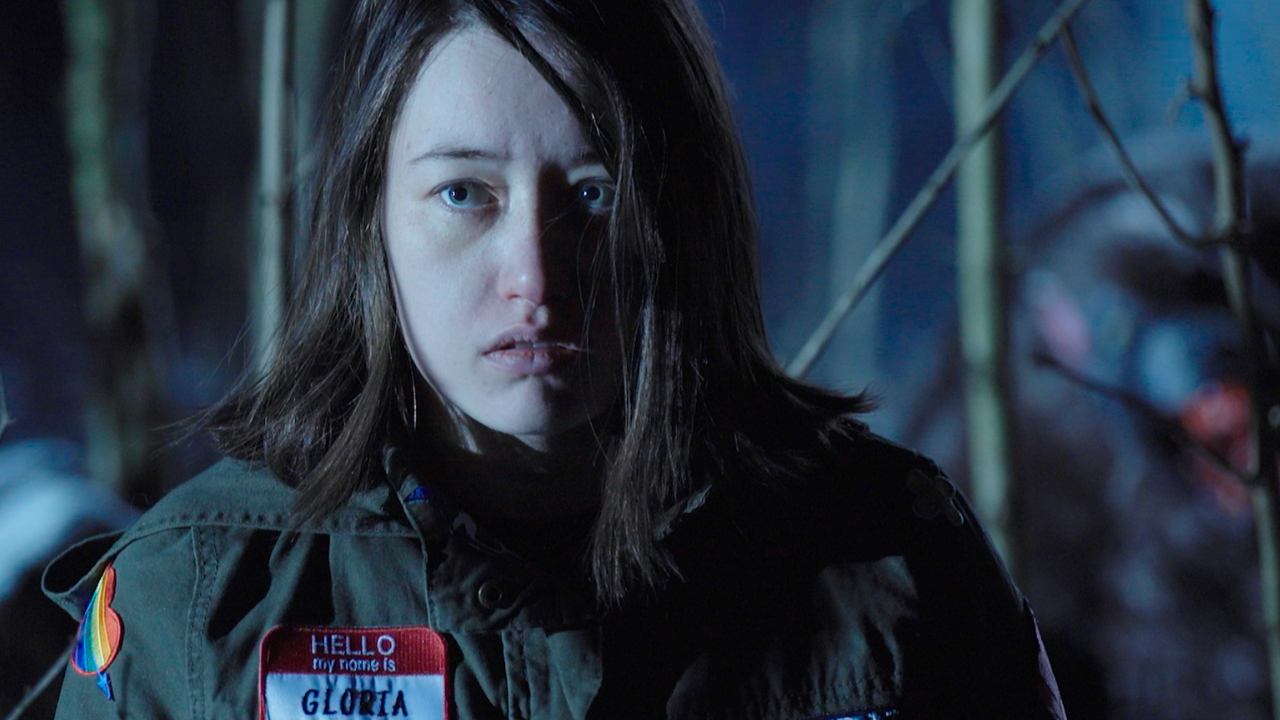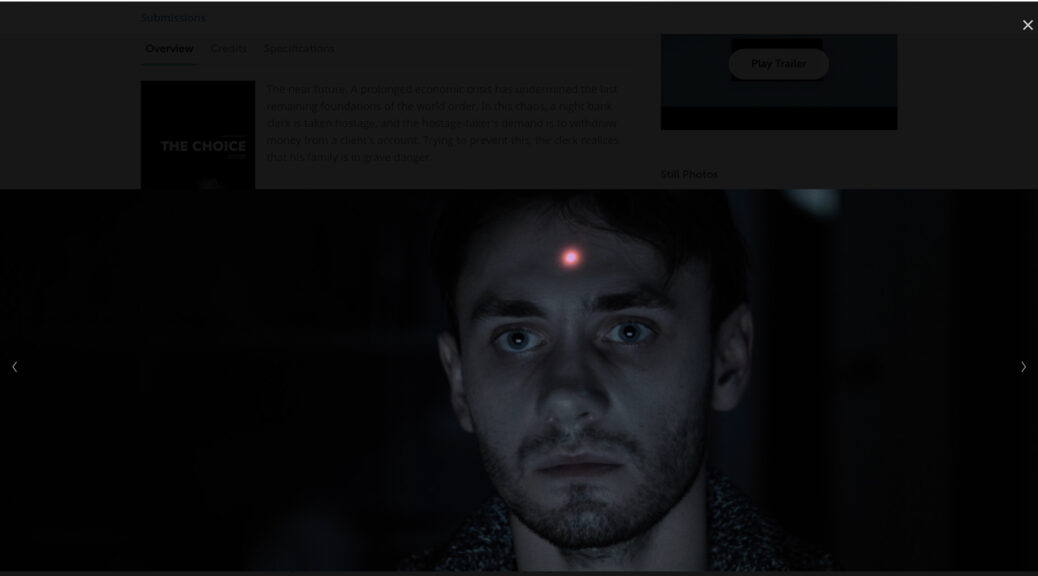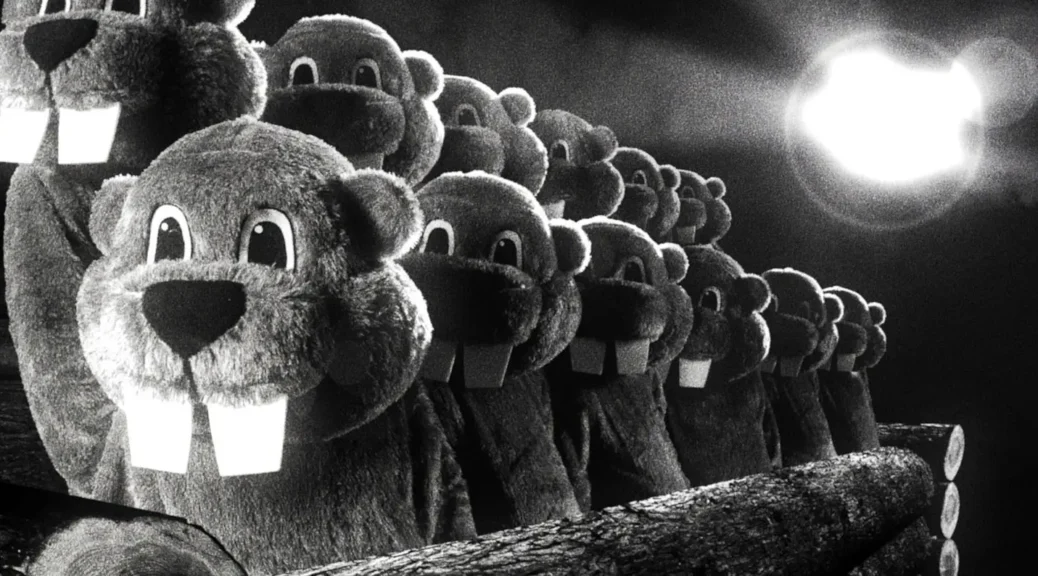Priscilla
by George Wolf
Even if you’ve never taken the tour at Graceland, the bare feet on shag carpeting that Sofia Coppola uses to open Priscilla should serve as a proper metaphor for the biography to come.
Welcome to a world you could never imagine being a part of. Tread lightly.
Priscilla Beaulieu (Cailee Spaeny) was just a ninth grader when she met Elvis Presley (Jacob Elordi) on the West German Air Force base where her stepfather was stationed. They eventually married in 1967, had daughter Lisa Marie, and divorced in 1973.
Like most stories about Elvis, this one is pretty familiar. But this point of view is not. That’s likely what interested Coppola, and she adapts Priscilla’s 1985 memoir “Elvis and Me” as a lush, compelling, and often heartbreaking portrait of the woman at the heart of a uniquely American love story.
As Priscilla enters Elvis’s world, she’s a stranger in a strange land, wide eyed and wondering what this older man wants from her. It’s a theme that calls to mind Coppola’s Lost in Translation, but this young girl is much more at the mercy of Elvis than Scarlett Johansson ever was to Bill Murray.
And Spaeny (On the Basis of Sex, Bad Times at the El Royale) gives a breakout performance that is utterly transfixing. With grace and ease, she is able to take Priscilla from the shy schoolgirl hiding a big secret behind her knowing smile, to a woman no longer willing to sacrifice her life to the whims of an icon.
Just last year, Baz Luhrmann used Colonel Tom Parker as a fresh window into the legend of the King. But as entertaining as it was, Luhrmann’s film suffered from its one-note treatment of Elvis, the man. For Coppola, this is an area of strength.
Here, he’s a gaslighting, manipulative ass with a God complex, Mommy issues and weird ideas about sex. And Elordi (Euphoria) embodies it all through a strong performance that captures the charisma and complexities without leaning toward comic impersonation (and with Elvis, that is not easy).
Coppola’s pace and construction are reliably assured and more easily identifiable than anything she’s done since The Beguiled. The production design and time stamp are both detailed and gorgeous, wrapped in a dreamlike haze that slowly fades when reality starts chipping away at Priscilla’s youthful naivete.
And if you’re expecting a hit parade of Elvis classics, you’ve forgotten whose story this is. Coppola’s soundtrack choices are on point, right down to the way she incorporates the few moments of recognizable Elvis hits that we do hear. We only see that side of Priscilla’s husband the way she saw it: as a mythical creature she couldn’t pry loose from the man that always promised he’d make more time for her.




